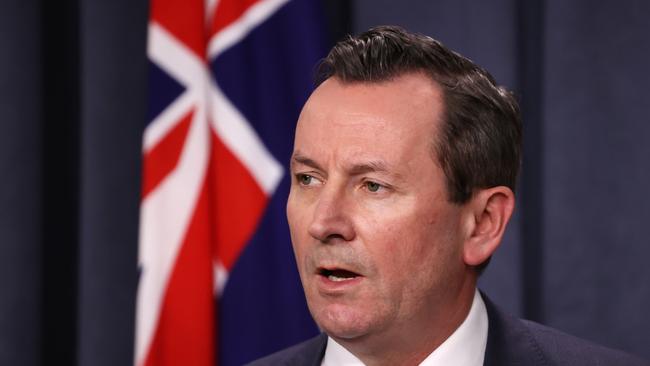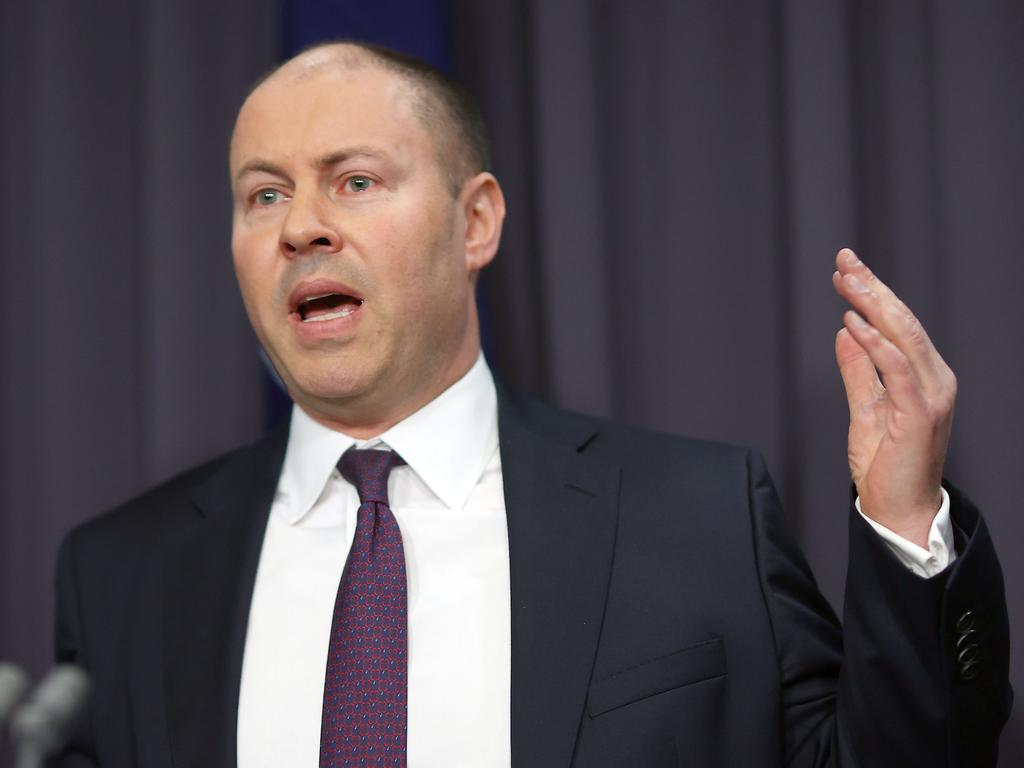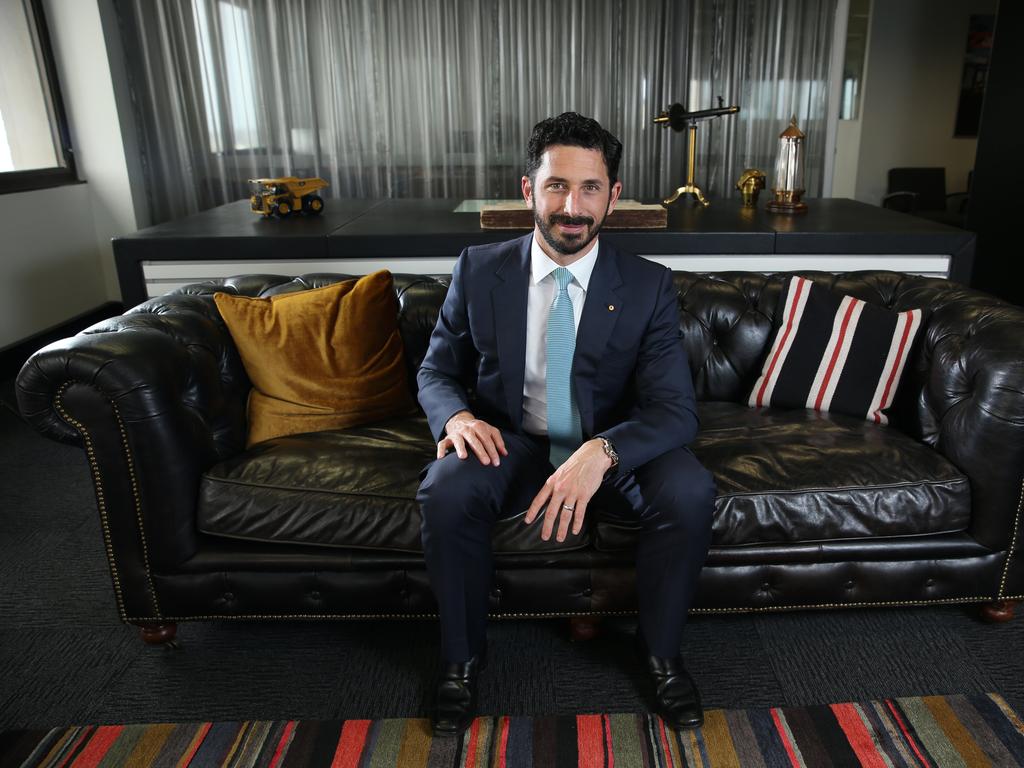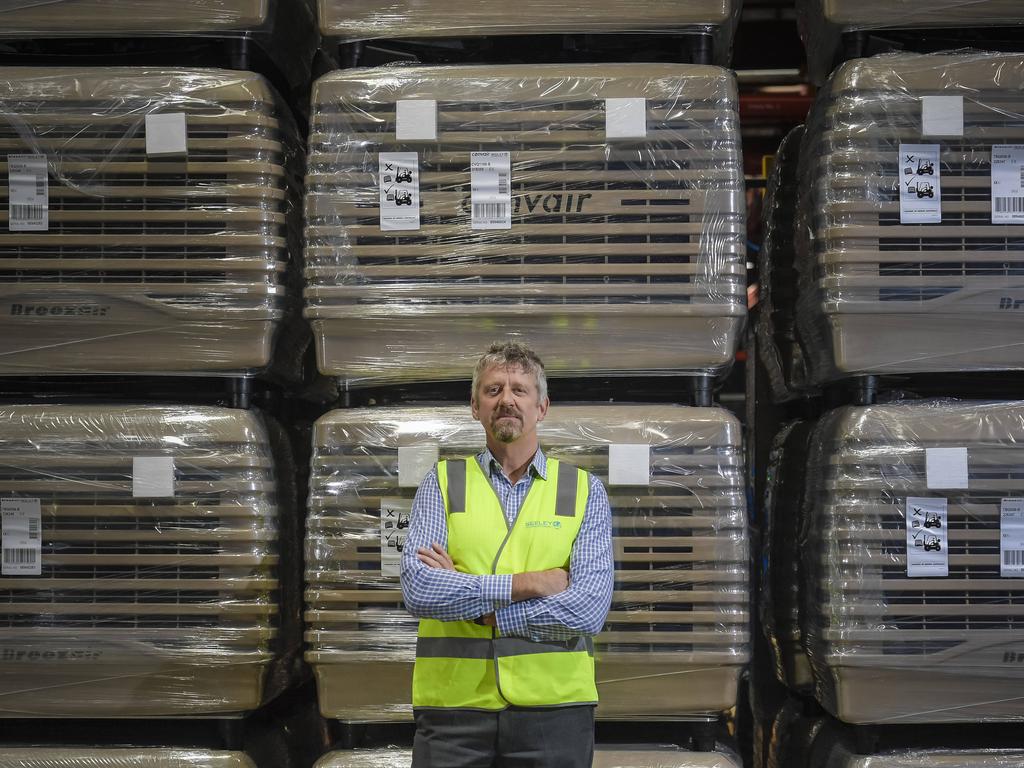Big miners shun letter of demand on Covid-19 reopening
Three of WA’s biggest employers broke ranks with the Business Council of Australia and opted against signing a letter calling for a national plan to open up society.

Three of Western Australia’s biggest employers broke ranks with the Business Council of Australia and opted against signing a letter calling for a national plan to open up society and live with Covid-19.
Resources heavyweights Rio Tinto, Woodside Petroleum and Fortescue Metals Group – which generate most, if not all, of their revenues from assets in WA – were conspicuous in their absence from the letter, published in major newspapers on Wednesday.
Coincidentally, both Rio Tinto and Woodside appointed former WA treasurer Ben Wyatt – who retired from politics after Labor was re-elected at the March state election – to their boards in the past few months.
It is understood the companies involved believed they had little to gain from wading into what has become an increasingly politicised fight over the next stage of the nation’s pandemic response, amid further verbal stoushes on Wednesday between the federal and WA governments over the national plan.
All BCA members were offered the chance to add their names to the statement, with 80 of the country’s biggest companies agreeing to take part.
The letter warned of a mental health emergency as a result of lockdown measures, and urged leaders to “stay the course” agreed by the national cabinet last month. “As vaccination rates increase, it will become necessary to open up society and live with the virus, in the same way other countries have done,” it said.
Mining giant BHP – which also collects most of its earnings from its iron ore mines in the Pilbara – and Perth-headquartered duo Wesfarmers and South32 were among companies with WA links that signed the statement.
WA Premier Mark McGowan said he had spoken to the likes of BHP on Tuesday after learning of the letter, and had warned them that its mines would shut if WA’s borders came down prematurely and the virus entered the state.
“I did speak to BHP about it and they advised me they’re very, very happy with the state’s management of these things,” he said.
“I told them if the Liberal Party has its way and Covid is imported into WA, gets into mining camps and Aboriginal communities, we would have to shut down the mining industry and the massive profits they’re making would disappear. I think they understand that.”
He said he believed the BCA member companies that opted against putting their name on the letter did not want to see their operations disrupted by the virus.
“Obviously, Rio and Woodside didn’t sign up because they want to continue to have a Covid-free state, continue to have a successful economy, continue to employ people,” he said.
BCA chief executive Jennifer Westacott said Mr McGowan was deviating from the plan agreed by the national cabinet, with the lack of a firm plan to lift restrictions set to take a toll.
“No one doubts the effectiveness of what’s happened in WA in keeping the virus out, but the kind of concept that we can go on indefinitely without a plan to gradually and carefully reopen the economy, I think time will prove that to be less and less true,” she told Perth radio station 6PR.
Wesfarmers managing director Rob Scott said adhering to the national plan was important in limiting the need for lockdowns, allowing travel within Australia, and enabling people to confidently plan for the future.
“With higher vaccination rates, the benefits of some Covid restrictions no longer justify their social and economic costs, including their impact on mental health and wellbeing,” he said.
“Sticking to the national plan will be good for our community, including for families and business, especially small businesses.”
Rio Tinto and BHP in recent weeks announced plans to start offering vaccinations to workers.
Rio Tinto is offering vaccinations to workers before they fly out of Perth to the Pillbara while BHP on Monday began a trial offering vaccinations at its Mt Arthur coalmine in NSW’s Upper Hunter and flagged it was contemplating making jabs mandatory for its workforce.








To join the conversation, please log in. Don't have an account? Register
Join the conversation, you are commenting as Logout